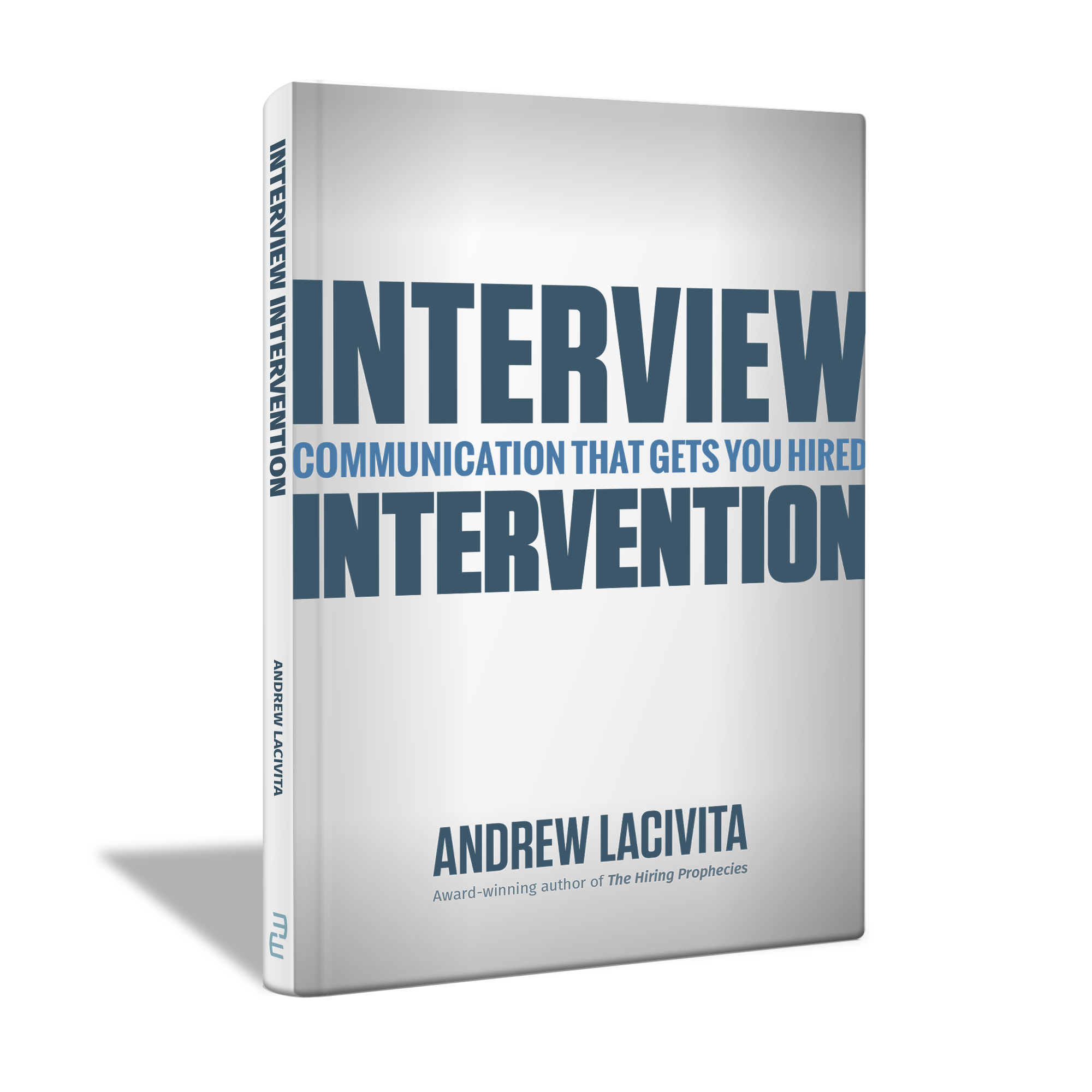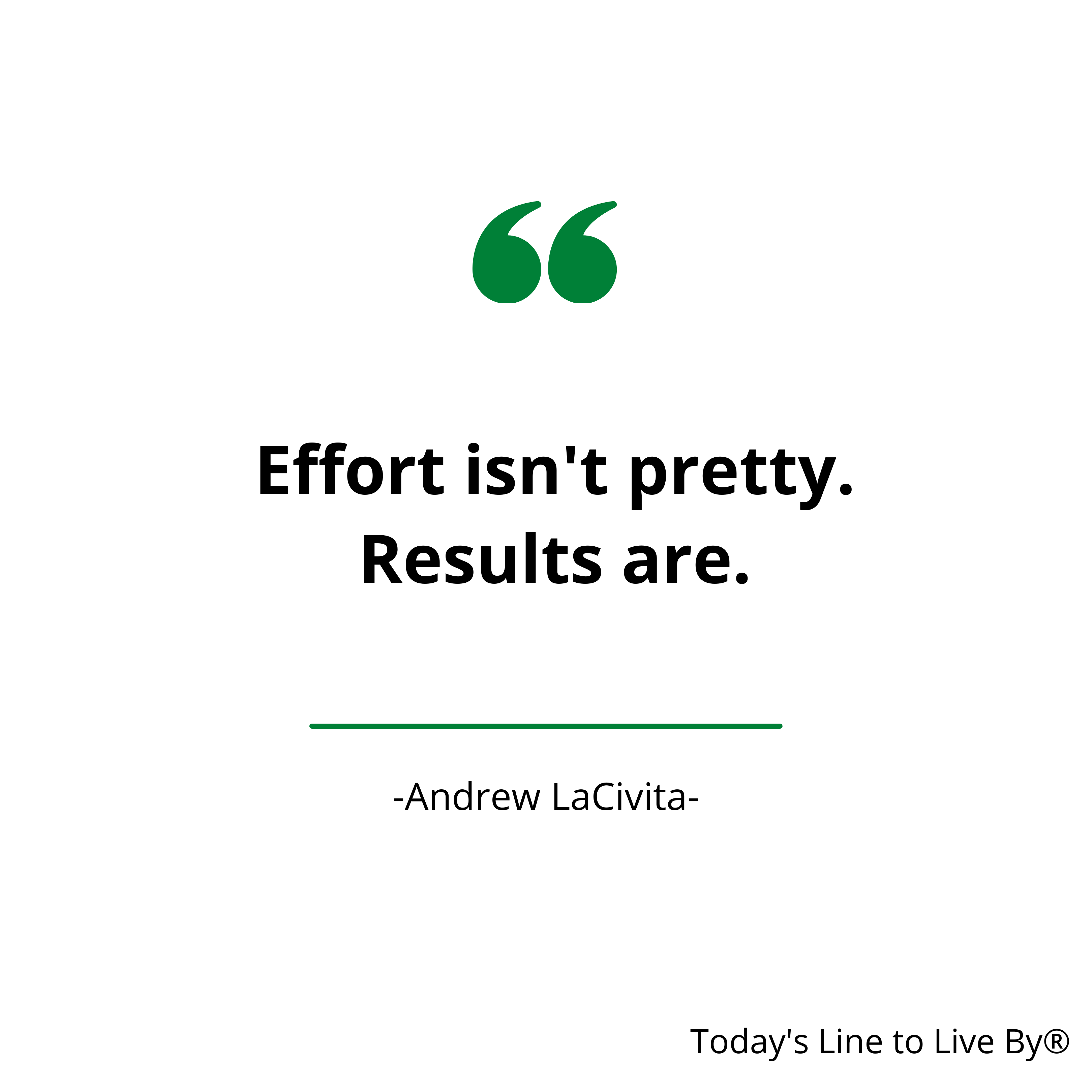As part of Interview Intervention: Communication That Gets You Hired, I included what I consider the 14 most effective job interview questions an employer can ask a job candidate. While there are loads of great interviewing techniques and questions, I feel it’s important to balance time and effectiveness when determining whether a candidate and employer relationship will be strong long-term.
To aid in that effort, I identified the 14 I consider the most comprehensive—to gain the best understanding of the candidate’s overall fit in the least amount of time. I am gradually releasing these through the blog and today’s is Number 13. You can see a complete list immediately by downloading a complimentary ebook from the milewalk website!
Effective Job Interview Question #13: Do you prefer working as part of a team or yourself?
A few weeks back, I released an article titled The Four Worst Job Interview Questions. One of those “questions” was describe how you’re a team player. Check out the article if you’re wondering why I think it’s a terrible question.
Don’t get me wrong. I think it’s important that an employer assess your team-oriented behaviors and tendencies. I simply don’t favor eliciting the information that way. I much prefer the employer be direct and focus on what it really wants to know. By adjusting the question to elicit your preference between working as part of a team versus solo, the employer will be able to determine what it needs to know if being a team-player is so important to the success of the employee.
In general, this question is designed to determine whether you are a team player and whether you can operate autonomously. When an interviewer asks this question, she is usually trying to assess whether you play nice with others. This is often a critical success factor in most environments, but not in every one. You can determine what is appropriate based on the position you are seeking.
If you are pursuing a position that requires significant team interaction, there are several qualities that you might want to highlight in your response. Typically, the most effective team players listen well and are helpful, are open to others’ ideas, are mentors, are nonjudgmental, and are willing to sacrifice their own well-being or praise for the good of the group. There are a number of appropriate ways to communicate this. The most important factor in an effective response is that you must show how you possess that quality. Simply saying you listen well or are open to others’ ideas will not convince the interviewer. Below is an example.
Candidate: “I was working on a team and our project was due in two weeks. While my components were going well, there was an individual on the team who was falling behind because she had less experience and wasn’t as knowledgeable about our software product. I know how that feels. We all have to be beginners at some point. Recognizing this, I decided to stop working on my components and help her exclusively until she was able to complete her work. I was aware this would require me to work a significant amount of overtime during the weekend, but I was willing to make that sacrifice because the product would not function properly without her piece of the software, and we would not otherwise achieve our release date.”









Leave A Comment